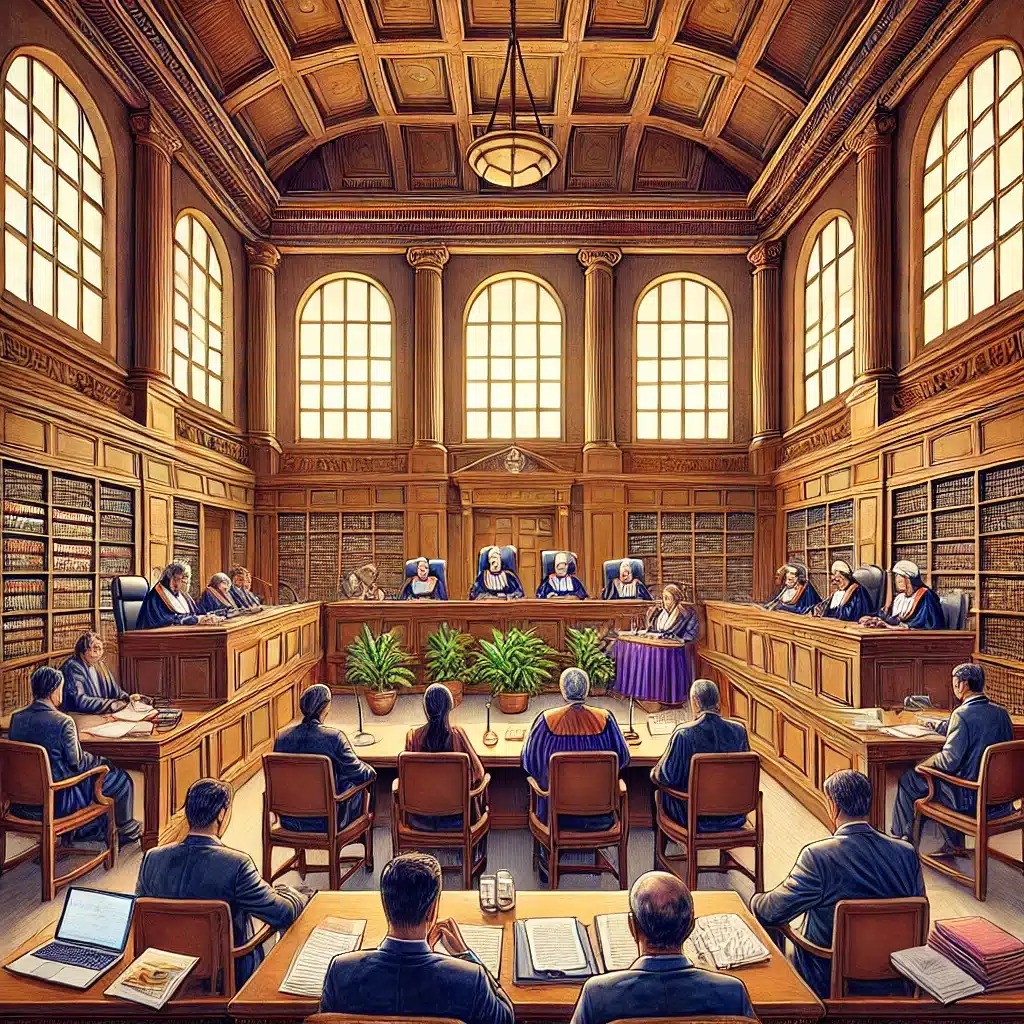The National Consumer Disputes Redressal Commission ruled that concealment of pre-existing health conditions does not prevent a claim for accidental death benefits, provided the insurance policy was valid at the time of the incident. In a case involving Life Insurance Corporation of India and a nomi

Best way to automate statutory/referential drafting
In a recent ruling, the National Consumer Disputes Redressal Commission (NCDRC), presided over by AVM J. Rajendra, addressed a critical issue concerning accidental death benefits under an insurance policy. The key question was whether the concealment of pre-existing health conditions by a policyholder affects the nominee’s right to claim such benefits if the policy was active at the time of the insured’s accidental death. The Commission’s decision has significant implications for how insurance claims are handled in such cases.
Background of the Case:
- The complainant’s husband had taken a life insurance policy from the Life Insurance Corporation (LIC) for an amount of Rs. 10,00,000, with coverage lasting until 2035.
- After paying the required half-yearly premium, the policyholder died due to an electric shock.
- The complainant, as the nominee, filed a claim with the LIC, providing the necessary documentation.
- Despite these efforts, the insurer did not settle the claim, leading the complainant to allege deficiency in serviceand file a case before the District Commission.
- The District Commission ruled in favor of the complainant, ordering the insurer to pay the assured sum along with Rs. 3,300 for mental harassment and litigation costs.
- Dissatisfied, the insurer appealed to the State Commission of Haryana, which upheld the District Commission’s order.
- Subsequently, the insurer filed a revision petition before the NCDRC.
Contentions of the Insurer:
- The insurer argued that the complaint was not maintainable and that the complainant lacked legal standing.
- They claimed that the complainant concealed material facts with malicious intent.
- The insurer highlighted that the policyholder had serious pre-existing health issues, such as hernia, hydrocele, Hepatitis C, septicaemia, and diabetes, which were not disclosed at the time of purchasing the policy.
- They contended that, given the contract’s reliance on accurate information, the claim rejection was justified, as the policyholder was not in good health when the policy was purchased.
- The insurer maintained that there was no deficiency in service on their part.
Observations by the National Commission:
- The NCDRC focused on whether the complainant could claim benefits for the accidental death of the deceased life insured (DLI), despite undisclosed health conditions in the insurance application.
- It was established that the DLI had a valid insurance policy at the time of his death from electrocution.
- The policyholder had paid both the half-yearly premium and an additional premium for the Accidental Death and Disability Benefit Rider.
- The Commission referred to Condition No. 11 of the policy, which outlines the conditions for claiming accidental death benefits.
- The Commission also cited the Supreme Court’s decision in LIC vs. Sunita, affirming that concealment of health conditions does not affect the right to claim accidental death benefits if the accident occurred while the policy was active.
- It emphasized that the insurer must pay the accidental death benefits when the death is due to an unforeseen eventas per the policy terms.
- The NCDRC noted that its revisional powers under Section 58(1)(b) of the Consumer Protection Act, 2019, similar to Section 21(b) of the 1986 Act, are limited to addressing material irregularities or jurisdictional errors.
- Referencing prior rulings in Rubi (Chandra) Dutta vs. United India Insurance Co. Ltd. and Sunil Kumar Maity vs. SBI, the Commission clarified that it cannot interfere with concurrent findings of lower courts when evidence has been properly reviewed.
Ruling Highlights:
- It dismissed the revision petition filed by the insurer, thereby upholding the earlier orders that favored the complainant.
- After thoroughly reviewing the facts, the NCDRC found no illegality or irregularity in the judgments of the State Commission and District Forum.
Click to read: Life Insurance Corporation Of India Vs. Smt. Sunita Devi, R.P. No. 1579/2023





